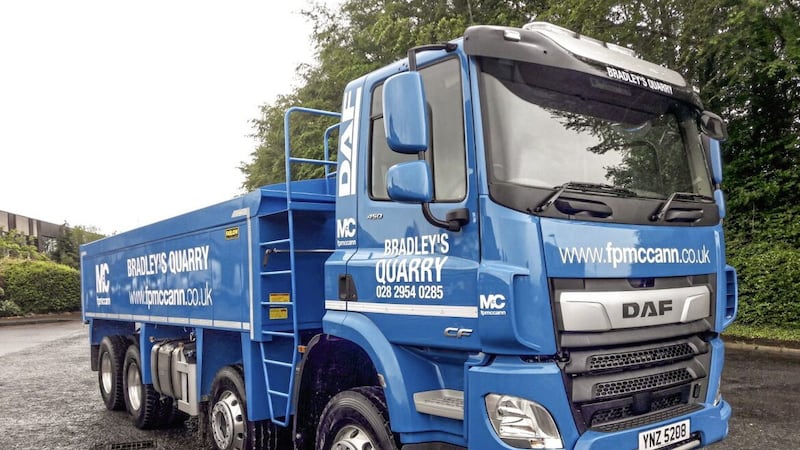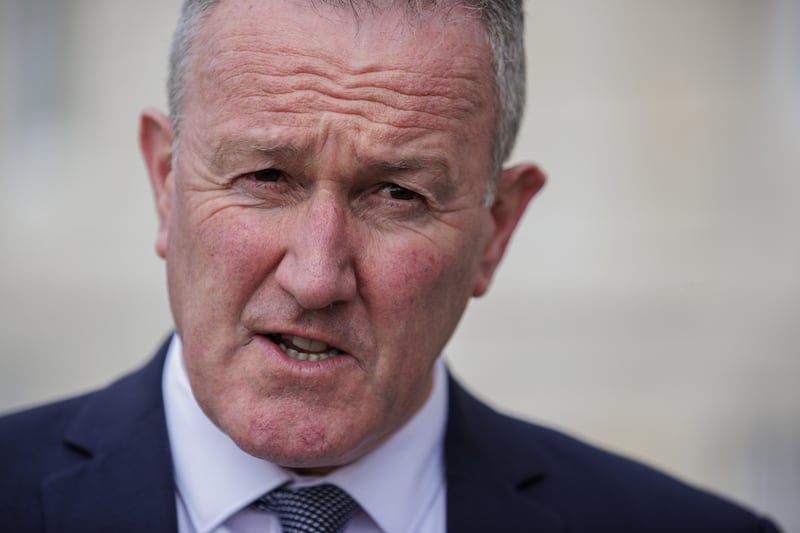EACH year rates generate more than £1 billion for health, education, housing, and the range of services delivered by Councils. Rates are also a significant cost for households and businesses. A balance must be found between raising revenue for public services and keeping rates affordable for taxpayers.
That balance is broadly in place for domestic rates. Taxes on household properties are the lowest on these islands and reliefs are in place to protect people on low incomes.
However business rates are the highest on these islands. Small businesses have regularly cited the scale of this tax as a threat to their viability and the jobs they provide. In response I reduced the regional rate by 18 per cent in 2020 and maintained this reduction for the current year.
Businesses have also been calling for more regular revaluations. Revaluations are not about raising more revenue. They are about balancing the overall tax take between different sectors of the economy.
Previous revaluations took place in 2003, 2015 and 2020. The long periods between these exercises created large fluctuations which left some industries facing sudden rates hikes.
In order to keep up to date with changing economic conditions revaluations should take place every three years. This is all the more important given that the pandemic has impacted differently on different industries. A two-year rates holiday helped the hardest hit sectors survive the pandemic. As those businesses continue to recover, it is important there is consistency and fairness in the rates they pay.
Land & Property Services (LPS) will soon start gathering rental evidence and other information to assess the rates values of over 74,000 commercial properties. The exercise will result in a new Valuation List coming into effect in April 2023. I hope that this revaluation establishes a regular three year cycle.
Partnership with business is essential to the success of this exercise. This month, LPS will write to companies inviting them to complete a Rent and Lease questionnaire. Businesses can play their part by returning the information requested by 31st December 2021.
Ratepayers will be able to see how their valuation has been calculated. Many businesses will also be able to view the same information for similar properties in their own locality and right across the north. This transparency will allow businesses to compare their valuations and check for consistency.
Some businesses have called for a rebalancing away from rates to other taxes. This would require more local control over taxation.
The Fiscal Commission chaired by Paul Johnson, the highly regarded director of the Institute for Fiscal Studies, is examining the case for devolving additional tax powers. I would encourage businesses to engage with the Commission so that we are able to design a tax system suited to local conditions. In the meantime I will continue to work with the business community to improve our rating system.
To find out more about Reval2023 visit www.finance-ni.gov.uk/reval2023.
Conor Murphy is Stormont finance minister







